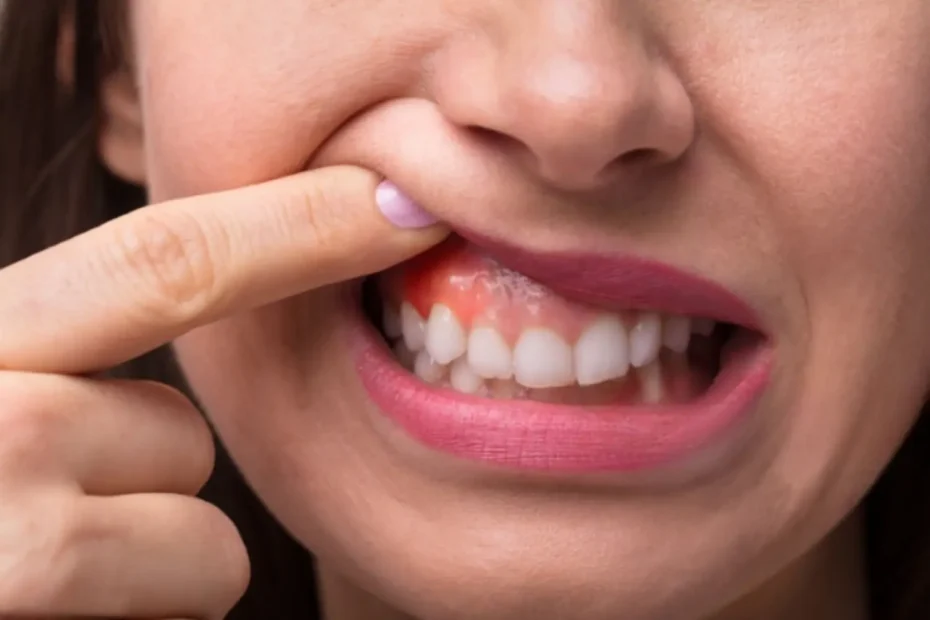Key Takeaways
- Gum health is crucial for dental and overall health, as it can prevent severe oral and systemic health issues.
- Incorporating daily oral hygiene practices can lead to significant improvements in gum health and longevity.
- Identifying and comprehending the signs of gum disease enables prompt action and improved health results.
Introduction to Gum Health
When dental health is discussed, the gums often don’t get the spotlight they deserve. Yet, they are essential for a healthy mouth and contribute to overall health. Gums support your teeth, helping anchor them while safeguarding the underlying bone. With a healthy gum line, a brilliant smile is achievable and signifies broader health benefits because the mouth is a gateway to the rest of the body. Those keen on diving deeper into periodontal care or seeking personalized advice might consider consulting a periodontist in Beverly Hills.
The significance of gum health cannot be emphasized enough. Statistics show that many adults have some form of gum disease, which can be preventable through stringent oral care routines. Regular brushing, flossing, and professional cleanings can proactively combat these issues. However, how can individuals ensure their gums remain in optimal condition, and what steps can be taken to maintain this essential oral health component?
Why Pay Attention to Your Gums?
Gums are more than a mere tissue layer. They serve as a protective barrier and are integral for maintaining the health of our teeth and bones. Recent studies suggest that gum health impacts oral health and systemic conditions. For instance, gingivitis and periodontitis, if left unchecked, can exacerbate or even lead to heart disease and diabetes. Addressing gum health early on could save individuals from more severe complications. Recognizing signs of gum trouble and understanding preventative measures can make all the difference.
Effective Oral Hygiene Practices
Brushing Techniques for Healthy Gums
Most individuals consistently brush, yet many may not employ techniques that protect and preserve their gums. It’s not just about frequency; it’s about efficiency. Using a soft-bristled toothbrush and holding it at a 45-degree angle to the gums while employing short, gentle strokes can make brushing much more effective. This method minimizes irritation while cleaning every tooth surface and gum line thoroughly. Changing your brush every three to four months or sooner if the bristles become frayed is also crucial for effectiveness.
The Importance of Flossing
Though often overlooked, flossing is indispensable in achieving comprehensive oral health. Flossing regularly removes debris between teeth and under the gum line, areas where a toothbrush cannot reach. Dental experts assert that individuals who periodically floss have healthier gums and a lower likelihood of developing cavities. Starting a flossing habit might seem daunting, but once integrated into the daily routine, it becomes an indispensable tool in your oral health arsenal.
Choosing the Right Mouthwash
Mouthwash can bolster your oral hygiene routine. Whether it’s to combat bad breath, reduce plaque, or prevent gingivitis, selecting the correct type of mouthwash is essential. Experts often recommend mouthwashes containing fluoride for those at risk of cavities or therapeutic variants that address specific issues like plaque and gingivitis. As the American Dental Association highlights the benefits of choosing the right type of mouthwash, this simple addition can produce significant oral health improvements without much effort.
Recognizing Symptoms of Gum Disease
- Red, swollen, or tender gums: Such symptoms usually signal the onset of gingivitis and should prompt a reevaluation of one’s oral hygiene practices.
- Bleeding while brushing or flossing: Often dismissed, this symptom should never be ignored as it can indicate underlying gum issues that need attention.
- Receding gums: Exposure beyond the norm increases sensitivity and, if left untreated, may lead to more significant oral health problems.
Healthy Diet and Gum Health
Eating a balanced diet benefits your overall health and significantly contributes to gum health. Crunchy fruits and vegetables naturally clean teeth and gums while you chew. Therefore, conscious dietary choices can contribute substantially to healthier gums and teeth.
Professional Care and Regular Check-Ups
Even the best at-home care should be supplemented with professional evaluations. Regular dental exams are crucial for an in-depth gum and oral health review. Dentists can detect early indications of gum disease before it worsens. Professional cleanings further ensure the removal of tartar, which is impossible to eliminate through routine brushing and flossing. Detailed discussions with your dentist about your gum health can lead to personalized advice, enabling you to address specific concerns and foresee potential issues.
Conclusion
Gum care might often be sidelined in the quest for better health, but it’s a pillar of oral and general health. Individuals can protect their gums and preserve their overall health by committing to a robust oral care routine, ensuring regular professional check-ups, and staying informed about the significance of diet. Embracing the care of gums lays the groundwork for long-term wellness, empowering individuals with the knowledge and tools for a healthier future.
